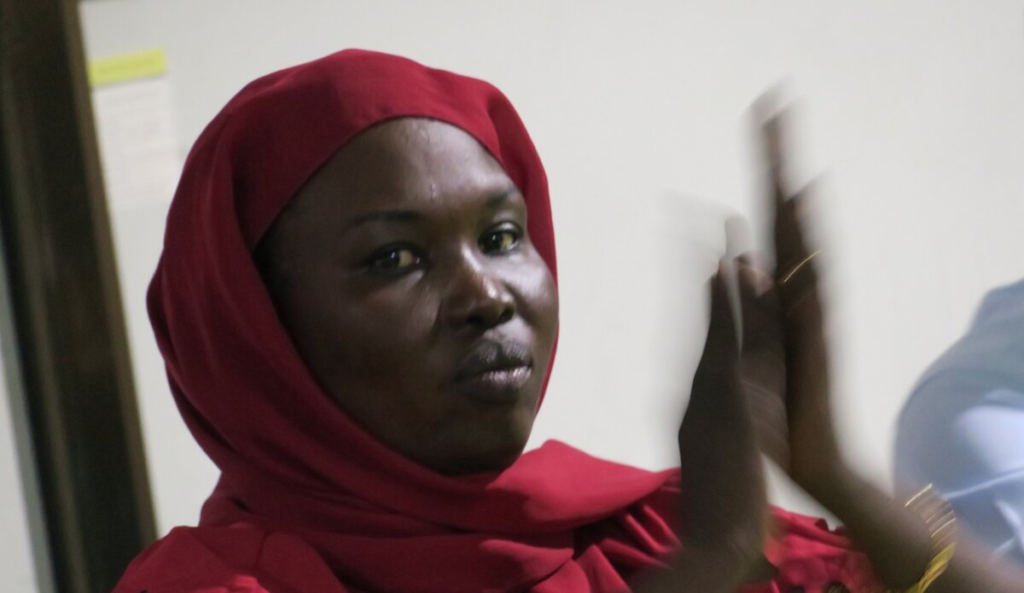
MACH SAMUEL/FILIP ANDERSSON
Juba, South Sudan, 27 January 2022, /African Media Agency/JONGLEI- Keeping people safe is a joint and permanently ongoing endeavour in any society, but to better protect civilians, one needs to know what the threats are, what role different actors have in creating or maintaining harmonious relations, and how related tasks should be coordinated.
“Building on your respective skills and experiences, this workshop has resulted in the identification of key challenges in our part of the country. Not only that, because we have also come up with measures we can take to address them,” said Gilbert Nantsa, a representative of the United Nations Mission in South Sudan (UNMISS), referring to the recently undertaken two-day gathering of relevant stakeholders in Bor.
As for the factors posing a threat to civilians, participants swiftly created a long list, headed by intercommunal conflicts, frequently related to cattle, and phenomena related to them: raiding of animals; abductions; sexual and other forms of gender-based violence; and retaliatory acts.
Attendees, including local authorities, chiefs, civil society representatives and internally displaced persons, then added poor roads, insufficient healthcare, meagre educational opportunities, but also a perceived lack of political will to fully implement South Sudan’s revitalized peace agreement, signed in 2018.
“Why do we prefer war over peace? Some of us seem to have it in our hearts to fight back rather than reconcile, but when are we going to put an end to that? When will you unite as a country not tribes?” asked Awur Deng Lueth, a female senior local politician, urging everyone to work hard for peace, reconciliation, and justice for future generations to blossom.
Apart from the necessity of political will and accountability for crimes committed, participants suggested that security forces be deployed to hotspots and a “buffer zone” be created between Jonglei State and the Greater Pibor Administrative Area. Such a zone, the arguments went, would enable early monitoring of movements of armed youth.
William Kuol Chol, Minister of Gender, Child and Social Welfare, the political entity who organized the workshop together with the peacekeeping mission, emphasized the importance of unity among the armed forces as well.
“We are having trouble implementing the peace agreement. It is true that need the presence of security forces in problematic areas, but these must come from a unified, national army,” the Minister said.
Stopping the proliferation of small arms by confiscating weapons possessed by civilians was another partial solution offered at the event, although Elijah Mochnhon Wuor, Deputy Chairperson of South Sudan’s Relief and Rehabilitation Commission’s Jonglei branch, pointed out that more is needed.
Thoughts about killing, raping and looting come from our hearts, but that won’t happen if we can disarm them,” he said.
Distributed by African Media Agency on behalf UNMISS
The post Authorities and civil society in greater jonglei identify key security threats, ponder solutions appeared first on African Media Agency.